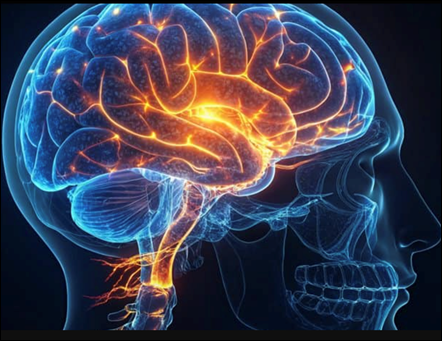
Background: Recent neuroscience research (2024-2025) reveals fundamental insights about trauma, resilience, and recovery that challenge traditional healthcare models. Simultaneously, healthcare reform movements advocate for network-based approaches emphasizing distributed agency and patient autonomy.
Purpose: This essay examines the convergence between cutting-edge trauma neuroscience and Actor-Network Theory (ANT) framework for healthcare transformation, demonstrating how scientific discoveries provide biological validation for systemic reform.
Key Findings: The world’s largest childhood trauma study (580+ children) shows that brain changes from trauma are more reversible than previously thought, with resilience representing the statistical norm rather than the exception. Neuroplasticity research confirms that healing emerges through distributed neural networks rather than centralized control. Revolutionary discoveries include:
- witnessing trauma creates distinct molecular signatures from direct experience, requiring different treatment approaches;
- childhood trauma rewires the brain through neuroinflammation, but structural changes are largely reversible;
- breakthrough drug KDS2010 targets astrocytic GABA imbalances in PTSD; and (4) meaning-making processes activate specific neural circuits (ventromedial prefrontal cortex) crucial for resilience.
Integration with Healthcare Theory: These neuroscience findings provide compelling biological validation for Ungar-Sargon’s critique of hierarchical medical models and his advocacy for distributed healing networks. The research supports his arguments that: authentic healing emerges through “dynamic associations between diverse actors physicians, patients, technologies, protocols, and physical spaces”; healthcare environments function as “active participants in the healing process”; and the “sacred-profane dialectic inherent in therapeutic encounters” reflects neurobiologically essential meaning-making processes.
Implications: The convergence suggests current healthcare systems may be structurally misaligned with neurobiological realities of recovery. Implementation of network-based, resilience-focused care faces institutional resistance but gains urgency from neuroscience evidence that patient agency directly impacts neural recovery circuits.
Conclusion: The neuroscience of trauma and resilience demands radical reimagining of healthcare systems that honor distributed healing networks, support patient autonomy as therapeutic intervention, and integrate meaning making as neurobiologically essential. This represents alignment of healing systems with fundamental truths about human resilience that neuroscience can now measure and map.
Keywords: Trauma Neuroscience, Neuroplasticity, Resilience, Actor-Network Theory, Healthcare Transformation, Distributed Healing Networks, Patient Autonomy, Meaning-Making, PTSD, Childhood Trauma, Medical Anthropology.
Citation: Ungar-Sargon, J. (2025). Reimagining Trauma-Informed Healthcare: How Recent Neuroscience Research Validates Network-Based Healing Approaches. J Psychol Neurosci; Special Issue:1-10.
DOI : https://doi.org/10.47485/2693-2490.1128













